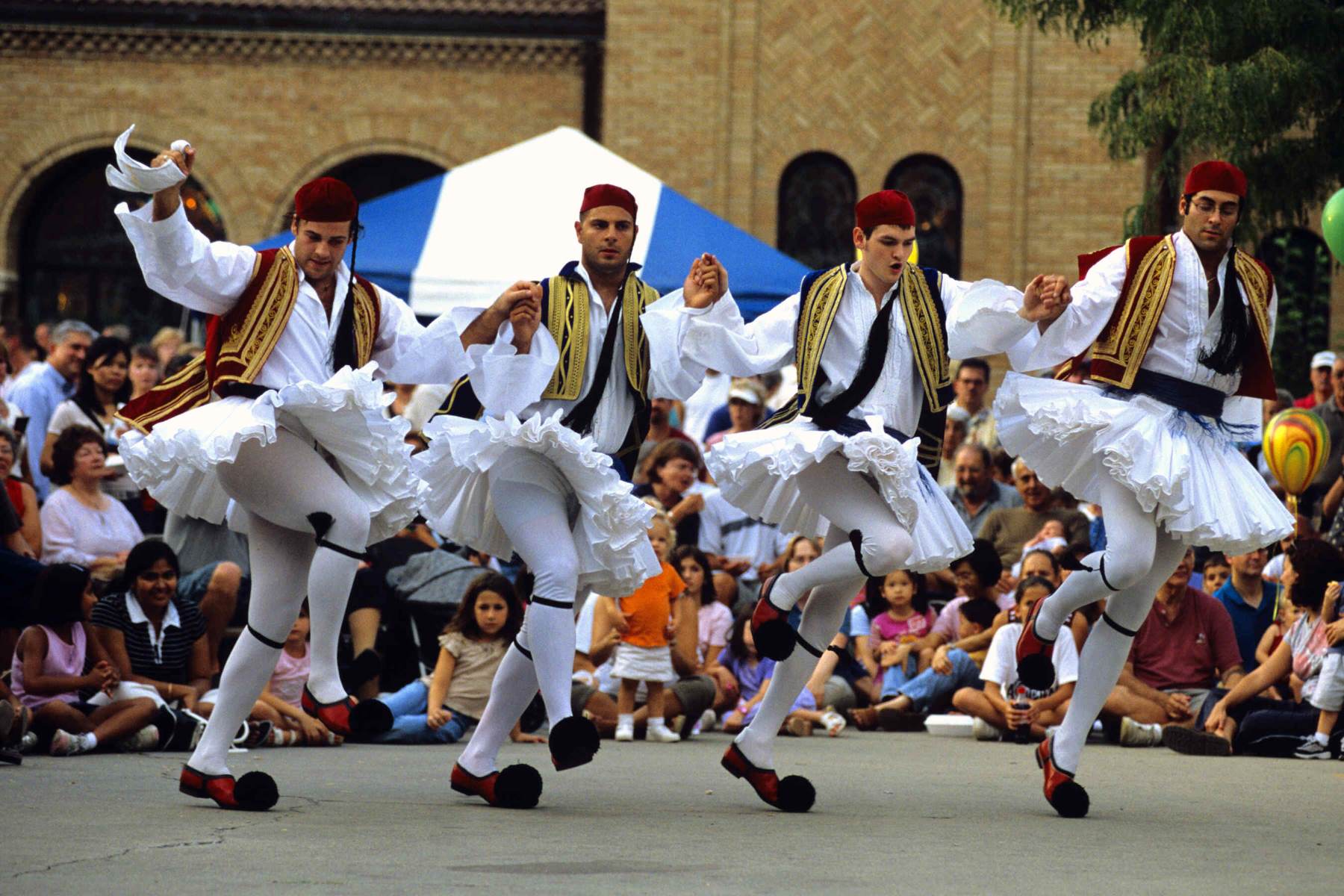Mysteries Of Greek Traditions Only Locals Truly Grasp

Greek traditions hold many secrets that only locals truly understand. From ancient customs to modern-day practices, these traditions shape daily life in Greece. Greek cuisine plays a big role, with dishes like moussaka and souvlaki bringing families together. Festivals, such as Easter, showcase unique rituals that have been passed down through generations. Even the way Greeks celebrate weddings and name days carries deep cultural significance. Understanding these traditions offers a glimpse into the heart of Greek culture. Whether it's smashing plates or dancing the syrtaki, each tradition tells a story that connects the past with the present.
Greek Traditions: A Glimpse into Local Life
Greek traditions are rich, colorful, and deeply rooted in history. While tourists might catch a glimpse of these customs, only locals truly grasp their significance. Let's dive into some of these fascinating traditions.
Celebrating Name Days
In Greece, name days often hold more importance than birthdays. Each day of the year is dedicated to a saint, and people named after that saint celebrate their name day.
- Saint Nicholas Day: Celebrated on December 6th, this day honors Saint Nicholas, the patron saint of sailors. People named Nicholas receive gifts and well-wishes.
- Saint George's Day: Falling on April 23rd, this day is marked by feasts and festivities for those named George.
- Saint Demetrios Day: Celebrated on October 26th, it involves church services and family gatherings for those named Demetrios.
Greek Easter: A Time of Reflection and Joy
Easter in Greece is the most significant religious holiday, filled with unique customs and traditions. It’s a time of deep reflection, followed by joyous celebrations.
- Holy Week: The week leading up to Easter Sunday involves daily church services, fasting, and solemn processions.
- Midnight Resurrection Service: At midnight on Holy Saturday, churches across Greece hold a service to celebrate Christ’s resurrection. The moment is marked by fireworks and the lighting of candles.
- Easter Sunday Feast: Families gather for a grand feast, featuring lamb roasted on a spit, red-dyed eggs, and traditional sweets like tsoureki.
Traditional Greek Weddings
Greek weddings are a blend of ancient customs and modern practices. They are vibrant, emotional, and full of symbolic rituals.
- Stefana Ceremony: During the wedding, the bride and groom wear crowns (stefana) connected by a ribbon, symbolizing their union.
- Dance of Isaiah: The couple takes their first steps as husband and wife around the altar, led by the priest, while guests shower them with rice and petals.
- Breaking Plates: At the reception, guests break plates on the floor to wish the couple good luck and prosperity.
Greek Superstitions: Beliefs Passed Down Through Generations
Superstitions play a significant role in Greek culture. These beliefs, often passed down through generations, are taken seriously by many locals.
- Evil Eye (Mati): Greeks believe in the evil eye, a curse caused by envy. To protect against it, they wear blue eye charms or carry garlic.
- Spitting for Good Luck: To ward off bad luck, Greeks might spit (or pretend to) three times after hearing bad news or giving compliments.
- Tuesday the 13th: Unlike Friday the 13th in Western cultures, Tuesday the 13th is considered unlucky in Greece due to historical events.
Greek Festivals: A Celebration of Culture and Heritage
Festivals in Greece are a vibrant display of the country’s rich culture and heritage. These events bring communities together in joyous celebration.
- Carnival (Apokries): Leading up to Lent, Apokries is a time of masquerades, parades, and parties. Each region has its own unique customs.
- Panigiri: Local festivals held in honor of saints, featuring music, dancing, and traditional food. These events can last all night.
- Oxi Day: Celebrated on October 28th, this national holiday commemorates Greece’s refusal to surrender to Axis powers in 1940. Parades, speeches, and patriotic songs mark the day.
Greek Cuisine: A Taste of Tradition
Greek cuisine is an integral part of the country’s culture. Traditional dishes are often prepared using recipes passed down through generations.
- Moussaka: A layered dish of eggplant, minced meat, and béchamel sauce, baked to perfection.
- Souvlaki: Skewered and grilled meat, often served with pita, vegetables, and tzatziki sauce.
- Baklava: A sweet pastry made of layers of filo dough, filled with nuts and honey syrup.
Greek traditions offer a window into the soul of the country. They are a testament to the rich history, deep-rooted beliefs, and vibrant culture that define Greece.
Embracing Greek Traditions
Greek traditions offer a rich tapestry of history, culture, and community. From the vibrant festivals to the solemn religious ceremonies, each custom tells a story. Locals hold these traditions close, passing them down through generations. Participating in these events provides a deeper understanding of Greece's unique identity.
Whether it's the lively dance of the Kalamatianos or the heartfelt celebration of Name Days, these traditions bring people together. They create a sense of belonging and continuity. For visitors, engaging with these customs can transform a trip into a memorable experience.
Understanding these traditions helps appreciate the Greek way of life. It’s not just about seeing the sights but also about feeling the spirit of the place. So next time you visit Greece, take part in these traditions. You'll leave with more than just photos; you'll have stories and memories that last a lifetime.

